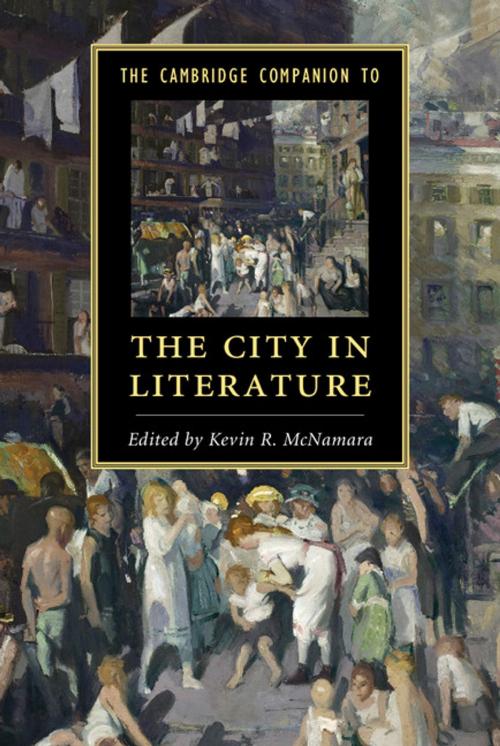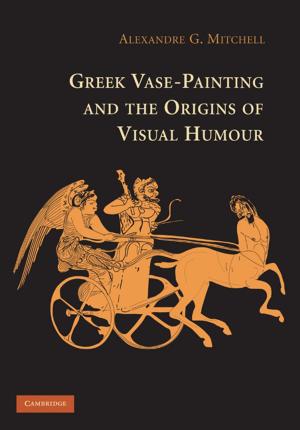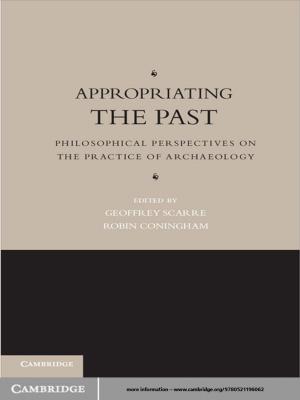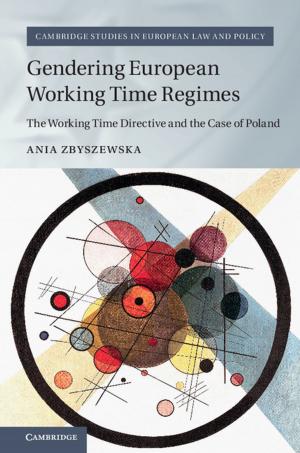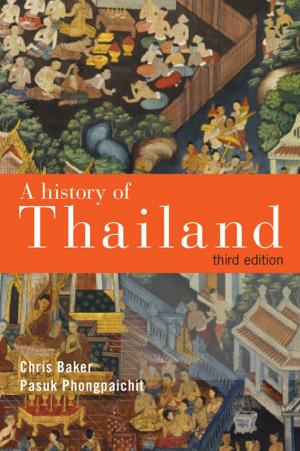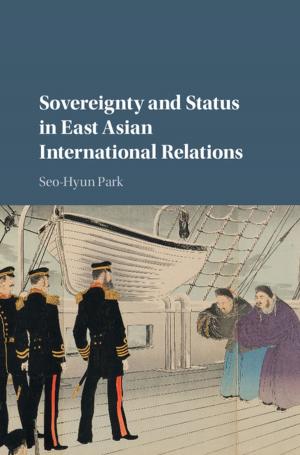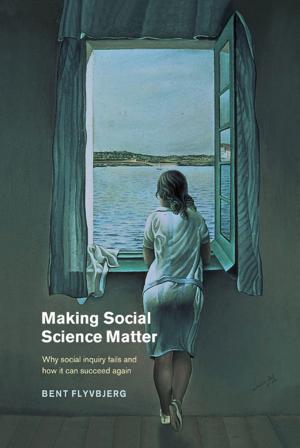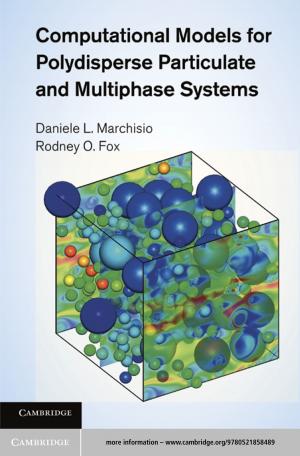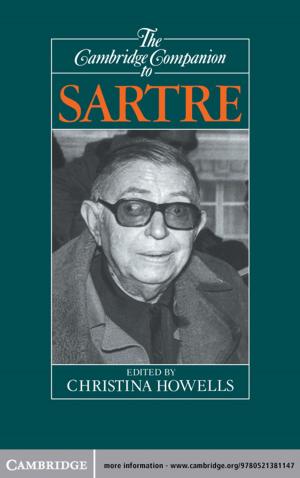The Cambridge Companion to the City in Literature
Fiction & Literature, Literary Theory & Criticism, British| Author: | ISBN: | 9781139985345 | |
| Publisher: | Cambridge University Press | Publication: | October 6, 2014 |
| Imprint: | Cambridge University Press | Language: | English |
| Author: | |
| ISBN: | 9781139985345 |
| Publisher: | Cambridge University Press |
| Publication: | October 6, 2014 |
| Imprint: | Cambridge University Press |
| Language: | English |
From the myths and legends that fashioned the identities of ancient city-states to the diversity of literary performance in contemporary cities around the world, literature and the city are inseparably entwined. The international team of scholars in this volume offers a comprehensive, accessible survey of the literary city, exploring the myriad cities that authors create and the genres in which cities appear. Early chapters consider the literary legacies of historical and symbolic cities from antiquity to the early modern period. Subsequent chapters consider the importance of literature to the rise of the urban public sphere; the affective experience of city life; the interplay of the urban landscape and memory; the form of the literary city and its responsiveness to social, cultural and technological change; dystopian, nocturnal, pastoral and sublime cities; cities shaped by colonialism and postcolonialism; and the cities of economic, sexual, cultural and linguistic outsiders.
From the myths and legends that fashioned the identities of ancient city-states to the diversity of literary performance in contemporary cities around the world, literature and the city are inseparably entwined. The international team of scholars in this volume offers a comprehensive, accessible survey of the literary city, exploring the myriad cities that authors create and the genres in which cities appear. Early chapters consider the literary legacies of historical and symbolic cities from antiquity to the early modern period. Subsequent chapters consider the importance of literature to the rise of the urban public sphere; the affective experience of city life; the interplay of the urban landscape and memory; the form of the literary city and its responsiveness to social, cultural and technological change; dystopian, nocturnal, pastoral and sublime cities; cities shaped by colonialism and postcolonialism; and the cities of economic, sexual, cultural and linguistic outsiders.
